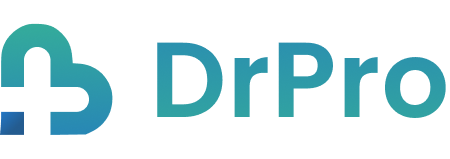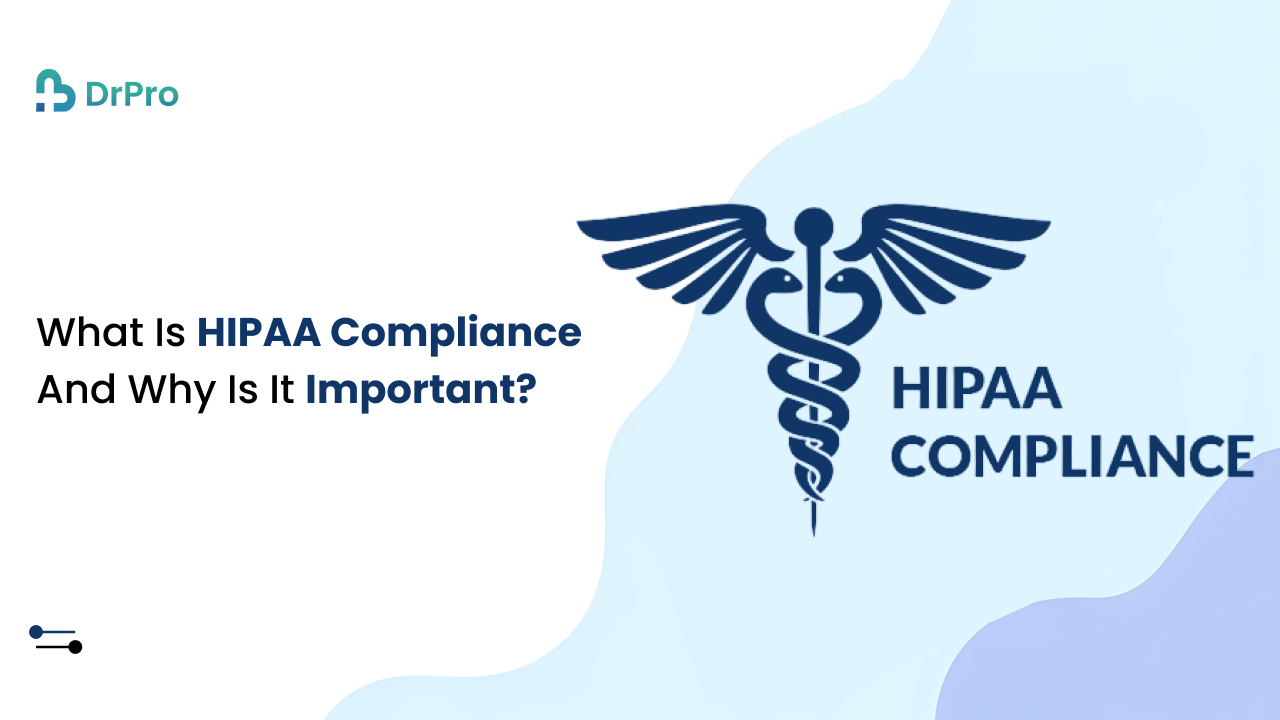As patient data can be put at risk in the healthcare industry, rules for HIPAA compliance come into the picture. HIPAA safeguards the confidentiality and security of health information. This blog will elaborate primarily on what HIPAA is, its significance, and how it serves both patients and healthcare providers.
What is HIPAA Compliance?
HIPAA (Health Insurance Portability and Accountability Act) is a U.S. law enacted in 1996 in the interest of safeguarding the confidentiality of personal health information (PHI). The act aims to preserve responsibility among hospitals, clinics, insurance companies, and other healthcare providers regarding the handling of patient data.
HIPAA compliance means that the laws and regulations governing the safeguarding of confidentiality, privacy, and accessibility of patient data are all being followed.
Understanding the Importance of HIPAA
There are many reasons why HIPAA is essential for healthcare:
- Protects patient privacy and prevents unnecessary exposure to sensitive health information.
- Prevents data breaches: The prevention of breaches reduces any likelihood of leaks, hacks, or identity theft.
- Ensures healthcare providers follow standards: they have to follow all standards to maintain trust and professionalism.
- Gives patients more control: Now, the patients also have an influence and are allowed to access their medical records.
- Improves healthcare efficiency: One will now have to show better efficiency processes that are now standardized, are clear in communication, and limit chances of making errors.
HIPAA Introduces a Higher Level of Standardization
Before HIPAA, the healthcare agency utilized a variety of interests in handling medical records and patient data. HIPAA introduced a standard approach, or possibly it may be assorted:
- Standardized electronic transactions- making sure, therefore, that all formats of medical records are treated equally.
- Unique identifiers for healthcare providers – enable tracking the access of student information.
- Regulations for the contents of Electronic Health Records (EHRs)- where the digital security for medical and health data is preserved and also upgraded for use.
These regulations further assist in the facilitation of processes, the minimization of errors, and improvements in the application of care.
HIPAA Establishes Safeguards for Protecting Personal Health Information
HIPAA protects all patient data by enshrining stringent safety standards, among which are:
- Physical security- which protects data kept in a computer, servers, and hard formats.
- Technical security- prevents unauthorized disclosure with encryption, authentication procedures, and firewalls defending against hacking.
- Administrative safeguards- staff training and procedures to ensure compliance.
These three different kinds of protection are in place to prevent misuse, fraud, and security breaches.
HIPAA Grants Patients Greater Control Over Their Personal Information
Under HIPAA, patients have the right to receive, read, and even amend their health records. This implies:
- Transparency- that is, the patient’s ability to view their medical history and comprehend their treatment plan.
- Corrections- patients can request amendments to any records they think may contain errors.
- Control of sharing- a patient decides who can view their information.
Thus, HIPAA helps to build trust between the patients and healthcare providers by giving the necessary control to the patients.
How Does HIPAA Provide Security?
HIPAA guarantees the safety of patient information in the following ways:
- Encryption of data- protecting from unauthorized persons by locking data through encryption.
- Access-control measures- designed to ensure that access is only provided to duly authorized individuals.
- Audit trails- monitor who accessed or changed the patient data.
- Regular risk assessments- to ensure that healthcare organizations stay compliant.
These regulations protect against cyber threats and data leakages.
Benefits of HIPAA Compliance
There are some benefits to being compliant with HIPAA:
- Protects patient data – protects confidentiality and security.
- Prevents legal hassle-avoids fines and penalties on account of non-compliance.
- Builds patient trust – Confers trustworthiness in patients-patients feel secure in giving their information.
- Improves healthcare efficiency – productivity-healthcare providers allowed standardized internal processes.
- Reduces fraud and identity theft – keeps personal information and financial matters safe.
- ABHA: HIPAA compliance is crucial for safeguarding patient data and building trust in the healthcare system with Ayushman Bharat Digital Mission.
Data security and privacy are guaranteed by HIPAA compliance, generating profits for both the patients and their providers.
Conclusion
HIPAA compliance is a must for maintaining patient information and trust in the system of the healthcare sector. It guarantees data security, privacy, and, thereby, transparency, all good for both patients and healthcare providers. Following the rules set out under HIPAA helps ensure that the health organizations attempting to avoid data breaches would also improve efficiency and offer better patient care.
Frequently Asked Questions
Q1. What is the main purpose of HIPAA?
HIPAA ensures that personal health information remains private, secure, and accessible only to authorized people.
Q2. Who must follow HIPAA Compliance regulations?
HIPAA applies to hospitals, doctors, insurance companies, and any organization that handles patient health data.
Q3. What happens if a healthcare provider violates HIPAA Compliance?
Violating HIPAA Compliance can result in fines, legal action, and loss of trust from patients.
Q4. How does HIPAA Compliance benefit patients?
HIPAA Compliance protects privacy, prevents data misuse, and allows patients to access their health records.
Q5. Is HIPAA compliance required for digital health apps?
If an app collects or stores patient health data, it must follow HIPAA security rules.


